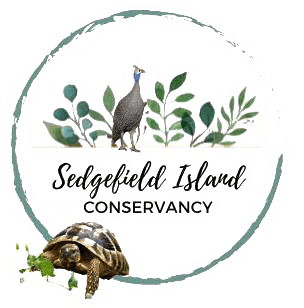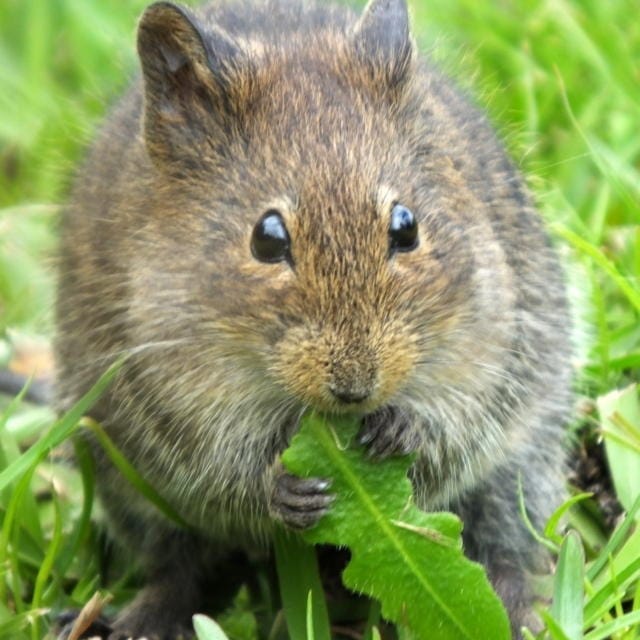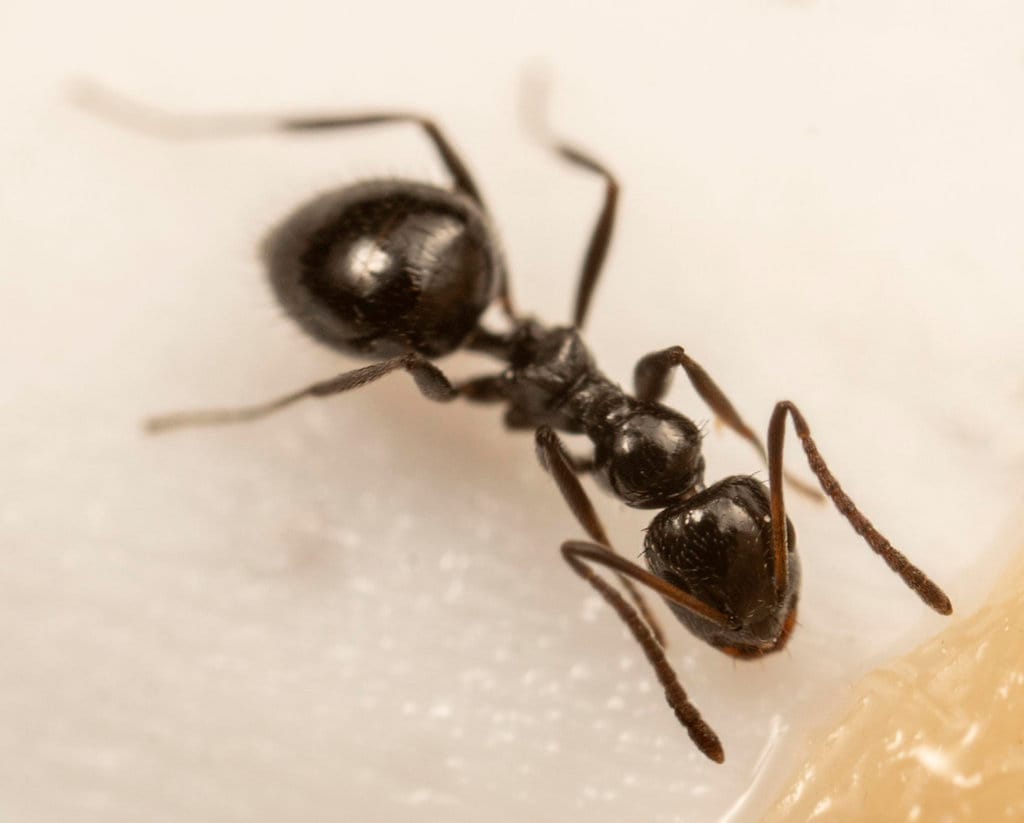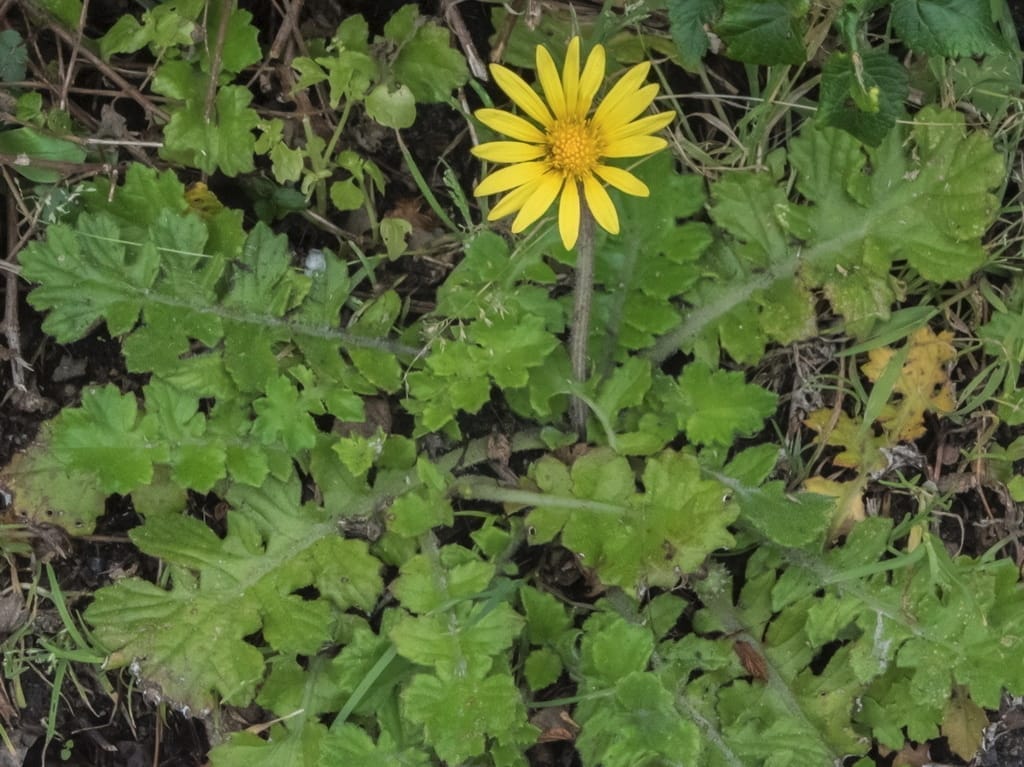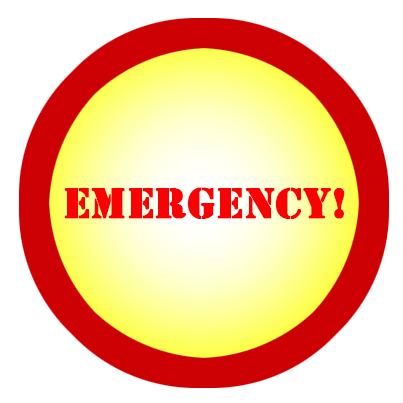Responsible Pest Control
Introduction
There is an ongoing conversation in the Sedgefield Island Conservancy about the use of pesticides to control the things we classify as ‘pests’, i.e. rats, mice, weeds, and our least favourite, ants.
We are often asked: why we shouldn’t use poisons and, if we don’t use them, which alternatives will work!
Contact the Sedgefield Island Conservancy on Whatsapp: Hélia on 082 332 2206 or Lawrence on 083 376 7846
Why we shouldn't use poisons
An adult owl can eat hundreds of rodents in a year. A single poisoned rat can kill an owl. Using poisons that kill the predators makes no sense.
Spraying against caterpillars on a fruit tree will also kill the butterflies, bees and other pollinators that keep your trees bearing fruit. Using poisons that kill the beneficial insects makes no sense.
Weed killers kill the food sources of tortoises and leave a toxic load in terrestrial insects, plants, the water and the soil. Using poisons that eradicate our tortoises and birds makes no sense.
Chemical poisons are effective but non-specific, killing or affecting many other species.
Solutions that Work
Solutions that work depend on the organism and species. In summary, the following:
If your have a rat or mouse problem, discourage them by removing food sources and catch them in a humane trap, available from Conservancy.
If you have an ant problem, there are many mixtures of household products such as baking soda, lemon juice, vinegar, or essential oils that will help. See the main section on Ants.
If you have weeds, first ask yourself if you really need to remove them—they are some other creature’s food. Remove them by hand, cover them with mulch, or use a guaranteed organic weedkiller after first checking on what else is affected by the weedkiller. If the label says, ‘Toxic to fish/birds/ pets…’, do not use it!
Rather than eliminating pests entirely, the goal should be to manage their populations in a way that minimizes conflicts with humans while preserving their role in the ecosystem.
Commercial Pest Control
A Google search identifies dozens of pest control companies, (almost) none of whom profess to be environmentally friendly. Using a company that doesn’t even claim ‘green’ credentials is exposing yourself and the Island’s environment to dangerous chemicals. They may well tell you that their chemicals “don’t harm pets/fish/birds”—take that claim with a large pinch of salt and ask for proof.
Then there are the pest control companies with environmentally friendly claims. I found just one around Sedgefield in what was, admittedly, a quick search. They make the claim that their services are ‘eco-sensitive’, while admitting that there are problems for which they have no eco-friendly solutions. However, they offer a 1-year guarantee, thereby limiting their options. They also use anti-coagulant rat poison, the difference being that their chemical biodegrades more quickly than the standard chemicals and is used in lower doses.
The bottom line: commercial pest control is not an approach that we can recommend or even condone on The Island.
Conclusion
We have given a few answers to the pest problem—why we don't want to use poisons and what we can do as alternatives. We have seen that Rodenticides and herbicides may seem like quick fixes, but their impact on urban wildlife is profound and far-reaching. Differentiating good, professional pest control companies from the companies that are careless about the environment.
By embracing humane traps, eco-friendly alternatives, and a greater appreciation for the ecological roles of rodents, ants and weeds, we can create a future where pest control is both effective and sustainable. Together, we can protect the delicate balance of urban ecosystems and ensure that species like the angulate tortoise, spotted thick-knee, helmeted guinea fowl, and all the countless others forms of wildlife on The Island continue to thrive.

Protecting our Natural environment whilst creating a better environment for people.
+27 (0)83 376 7846
Quick links
Follow us
Newsletter
Subscribe now to get our newsletter.
Created with © systeme.io
